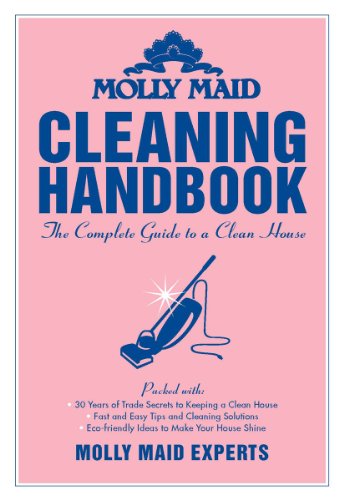
The #1 cause of clogged sewer pipes is everyday cooking oil. We often believe that hot water, detergents and garbage disposals are powerful enough to wash away or get rid of grease. Unfortunately, these methods and beliefs tend to do more harm than good. Hot water cools inside sewage pipes causing fats and grease to coagulate, grease dissolving detergents cause blockages further down the pipeline and garbage disposals don’t effectively remove grease from plumbing systems. The result is an overflow of raw sewage into homes, businesses, parks and streams. With Thanksgiving only weeks away, educate yourself with the information below, so you’re able to be more conscious of what you are washing down your drain.
Where do Oil, Fat and Grease come from?
Oil, grease and fats are typically a bi-product of cooking food, such as grease from bacon, fat from meat and oils from baked goods. They can also be found in cooking oil, shortening, butter, margarine, sauces, salad dressings and dairy products.
Properly Disposing of Oil, Fat and Grease
It is recommended that you let grease, oil and fat cool and harden before scraping it, along with any food scraps, into your green bin. Only small amounts of liquid cooking oil, fat or grease should be placed in your green bin, so your compost can easily absorb it. Large amounts of oil should be collected into a sealed container labelled ‘cooking oil’ and be dropped off at household hazardous waste (HHW) depots, which are typically located at transfer stations and community environmental events.

